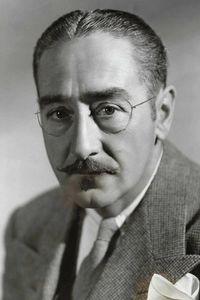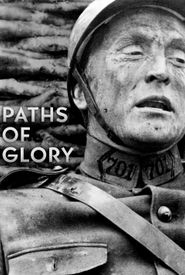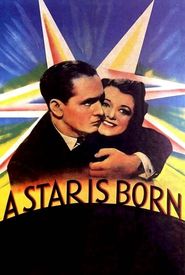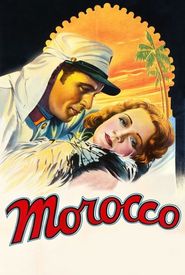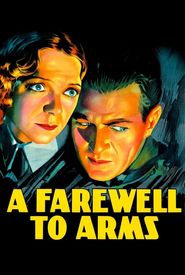Adolphe Menjou was a renowned Hollywood actor, fashion icon, and matinée idol, known for his suave and debonair on-screen presence. Born on February 18, 1890, in Pittsburgh, Pennsylvania, Menjou was the elder son of a hotel manager and an Irish mother who was a distant cousin of novelist James Joyce.
Menjou's early life was marked by his father's disapproval of his show business aspirations. Despite this, he pursued a career in acting, attending Culver Military Academy, Stiles University prep school, and Cornell University. He eventually left Cornell to help his father manage a restaurant during a family financial crisis.
Menjou's early career was marked by struggles, including vaudeville work and bit parts in films. He served as a captain in the Ambulance Corps in France during World War I and later worked as a productions manager and unit manager.
Menjou's breakthrough came in 1921, with roles in "The Faith Healer" and "Through the Back Door," which earned him a Paramount contract. He went on to form strong connections with Mary Pickford and Douglas Fairbanks, and earned distinction as the nation's "best dressed man" nine times.
Menjou's Hollywood lifestyle was marked by his playboy image, and he became known for his charming and magnetic on-screen presence. He was cast as various callous and creaseless matinée leads, and his fluency in six languages kept him employed during the 1930s.
Menjou's most notable roles during this period included "The Front Page," "A Farewell to Arms," "Forbidden," "Little Miss Marker," "Morning Glory," "A Star Is Born," "Stage Door," and "Golden Boy." He earned an Oscar nomination for his performance in "The Front Page" and continued to work in quality pictures throughout the decade.
The 1940s were not as successful for Menjou, although he did manage to get the role of Billy Flynn in the "Chicago" adaptation "Roxie Hart" and continued to earn occasional distinction in post-WWII pictures. His last lead was in the thriller "The Sniper," and he appeared without his mustache for the first time in nearly two decades.
Menjou's later years were marked by his extreme right-wing Republican politics, which hurt his reputation and led to his cooperation as a "friendly witness" at the House Un-American Activities Commission hearing during the Joseph McCarthy Red Scare era. He retired from acting after his last picture, "Pollyanna," and died on October 29, 1963, after a nine-month battle with hepatitis.
